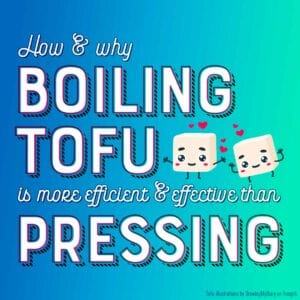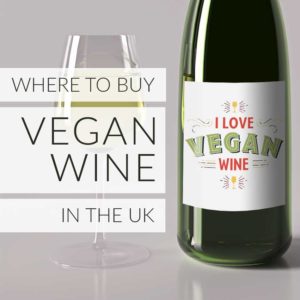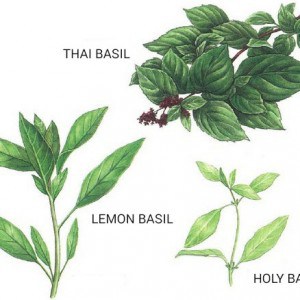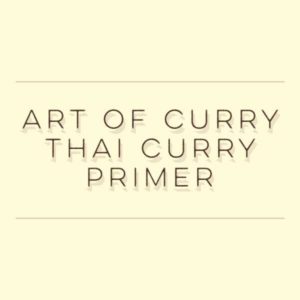Is Alcohol Vegan?
The veggie offender here generally comes in the form of the fining agent, but can sometimes be directly related to the ingredient list (e.g campari is made with cochineal. See above). It's also possible that anti foaming agents used in alcohols may be un-veggie.
Non vegan fining agents include things like isinglass (from the swim bladders of fish), gelatin (extracted from the collagen of animal skin and bones), casein (from milk), egg (whites or albumen), ox blood (rarely used these days), bone charcoal, or chitin (from lobster and/or crab shells).
The question that follows is why these agents are used in the first place. The description that follows is vague and not at all detailed, provided as nothing more than a basic explanation. Essentially, when you produce alcohol (especially yeasty dark ales) you are left with of sediment which floats suspended in the brew. The fining agent helps to capture the sediment and pull it to the bottom, therefore improving the clarity. The sediment will settle naturally, but fining agents simply speed up the process.
A few tips:
- Most US produced beers are vegan too.
- Actually, there are loads and loads of veg-friendly alcohols and an excellent resource for this information is available from Barnivore.
- If you're in the UK, stores like Co op are very good about marking vegan products, including alcohol. Sainsbury's too.
- Check out my guide on where to buy vegan wine in the UK.





mrflibble says
"Legal purity law requirements mean alcohol produced in Germany and Belgium are vegan."
This is unfortunately a vegan myth. Reinheitsgebot was a law created in Bavaria in 1516 to lower the price of bread, by removal of wheat and rye from beer. Instead it permitted only water, hops and barley (no yeast) to be used. It wasn't adopted across germany until 1906 and was replaced in 1987 (after an EU ruling) by Biersteuergesetz (Beer Tax Law).
This allows beer brewed in germany to contain additives that may not be vegan. These include dextrose, cane, beet and invert sugar as well as colourings derived from sugar. Additionally the use of clarification agents is permitted in the process, provided only that they don't leave enough residue in the finished product so as to impare the taste or smell.
mrflibble says
"Legal purity law requirements mean alcohol produced in Germany and Belgium are vegan."
This is unfortunately a vegan myth. Reinheitsgebot was a law created in Bavaria in 1516 to lower the price of bread, by removal of wheat and rye from beer. Instead it permitted only water, hops and barley (no yeast) to be used. It wasn't adopted across germany until 1906 and was replaced in 1987 (after an EU ruling) by Biersteuergesetz (Beer Tax Law).
This allows beer brewed in germany to contain additives that may not be vegan. These include dextrose, cane, beet and invert sugar as well as colourings derived from sugar. Additionally the use of clarification agents is permitted in the process, provided only that they don't leave enough residue in the finished product so as to impare the taste or smell.
I reserve the right to improve malicious and trollish comments.